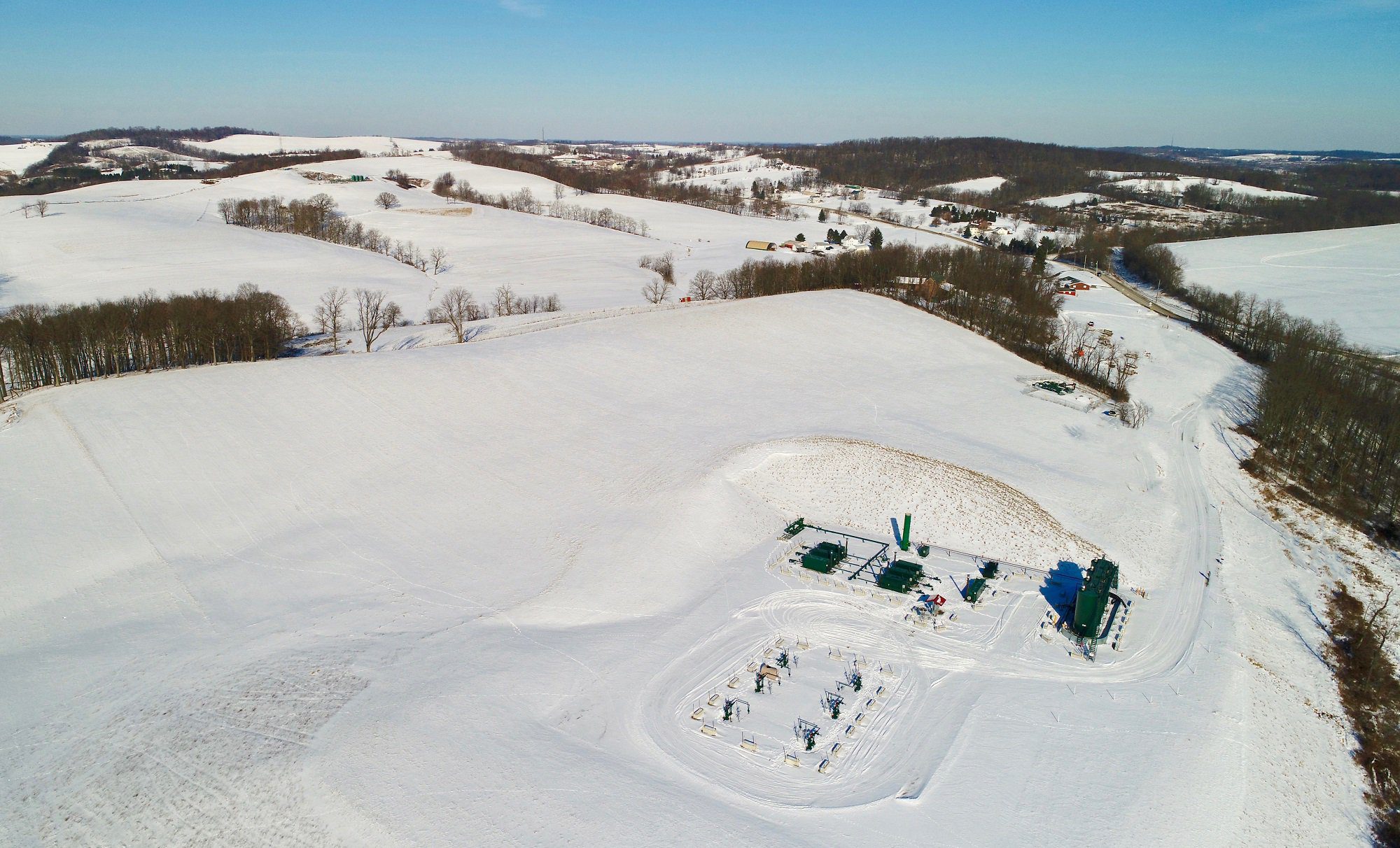Fossil fuel power plant retirements are outpacing planned replacements, triggering concerns over future energy reliability across Pennsylvania, a representative of the PJM Interconnection alarmed during a recent joint hearing before the Senate Consumer Protection & Professional Licensure and Environmental Resources & Energy Committees Monday.
Critically, these replacements are in the form of intermittent and weather-dependent energy sources that will need multiple megawatts to replace just one megawatt of traditional thermal sources, PJM’s latest analysis states. These facts should be a warning sign to officials, especially considering the realities of this region’s weather patterns and landscape.
So, what is the answer to ensuring Pennsylvania’s energy reliability? It’s continued investment in the development, transportation and utilization of PA-produced natural gas.
As the region’s grid operator highlights in their most recent analysis (released only hours before Monday’s hearing), Pennsylvania energy challenges could be addressed if proposed natural gas capacity is expanded to drive continued investment in furthering production and ensuring reliable transportation of the product to end users.
However, this will only happen if policymakers recognize the need for a diverse energy plan that prioritizes consumers over political priorities and provides a realistic pathway to build the infrastructure we need to get these energy resources to those who need it.
“Our industry continues to find new and innovative ways to put our clean and abundant natural gas resources to work in ways that better our lives, improve communities and reduce emissions,” MSC President Dave Callahan said last year. “Pennsylvania-produced natural gas remains at the very center of our efforts to provide affordable, reliable energy to Pennsylvania consumers – particularly during those times of high energy demand like we saw during Winter Storm Elliott.”
A Closer Look at Winter Storm Elliott: Gas Delivered Amid “Unprecedented Demand”
Power systems across the country experienced outages due to Winter Storm Elliott’s historic energy impacts over the holidays, but natural gas worked in overdrive to keep the heat and electricity on for the millions of Pennsylvanians reliant on the fuel during the Christmas weekend.
Balancing the power grid is a complex undertaking, as grid operators seek to predict demand and match supply that meets the needs of residents in real time. It requires a fuel source that is easily dispatchable as demand fluctuates. The facts are clear: during Winter Storm Elliott, natural gas not only kept the lights on – it saved lives.
Here’s what we know about Winter Storm Elliott:
Perfect Storm: Historic Weather, Peak Demand
In what the National Oceanic and Atmospheric Administration (NOAA) has dubbed a “historic arctic outbreak” between December 23-25, 2022, Appalachia experienced the largest temperature drop (29 degrees) ever recorded within a 12-hour period. Plunging temperatures forced PJM Interconnection – the multi-state power system operator – to ask consumers to curtail energy use as demand continued to rise.
Still, even the lowest point of demand (“the valley”) on December 24th was higher than the largest peak recorded for that day in more than a decade, according to PJM’s initial analysis of generation outages.
This triggered ~23% of PJM’s generating fleet to be unexpectedly offline. Moreover, PJM admittedly underestimated the weekend’s load demand, which is a critical signal for generators preparing for the next day’s capacity, by at least 10,000 MWs – which is enough electricity to power nearly 10 million homes. Putting this number further into context, Pennsylvania alone has approximately 5.1 million households.
PJM’s Response
As these shortfalls were realized, PJM activated basic demand response and called upon commercial and industrial users to decrease power usage while mandating all generators in the market have units ready to operate.
Despite these missed projections, thanks to our abundant domestic natural gas resources no consumers in Pennsylvania went without power. Natural gas fueled more electricity during Winter Storm Elliott than any other fuel source. Unlike Texas, California, New York and elsewhere – all which have experienced electric disruptions in the recent past – Pennsylvanians were kept safe and warm when they needed it the most.
The most important thing to understand is that the vast majority of households in Pennsylvania, nearly 57%, use natural gas and propane as their primary heating sources. And there were no outages for the nearly 7.3 million Pennsylvanians who have direct access to natural gas and propane for their heating needs.
Furthermore, despite the miscalculation on the demand forecast, natural gas enabled PJM to export electricity during the storm to neighboring markets that were facing their own critical electricity shortages. In total, more than 8,000-10,000 MWs was exported from PA to other states – over 5,000 MWs of which was delivered to the Tennessee Valley Authority alone. At a time when our neighbors needed Pennsylvania the most, natural gas delivered.
Moving forward, it’s clear that a reliable and resilient fuel like natural gas is crucial during significant weather events. The lessons learned from Winter Storm Elliott should not only incite improved processes and system communications to ensure reliability as electricity demand shifts, but it also underscores the need for policies that further unlock access to natural gas production and infrastructure development in order to enhance the dependability of this proven, critical resource. Moreover, it should come as a dire warning to those advocating for all-electric mandates about the true consequences of minimizing or even eliminating natural gas from the fuel mix, not to mention restricting consumers’ access.
When it comes to public policies, we must choose carefully as if our lives depend upon it. Because they do. Clean-burning natural gas is a gamechanger – for consumers, for our electric grid and for our nation’s energy security.





